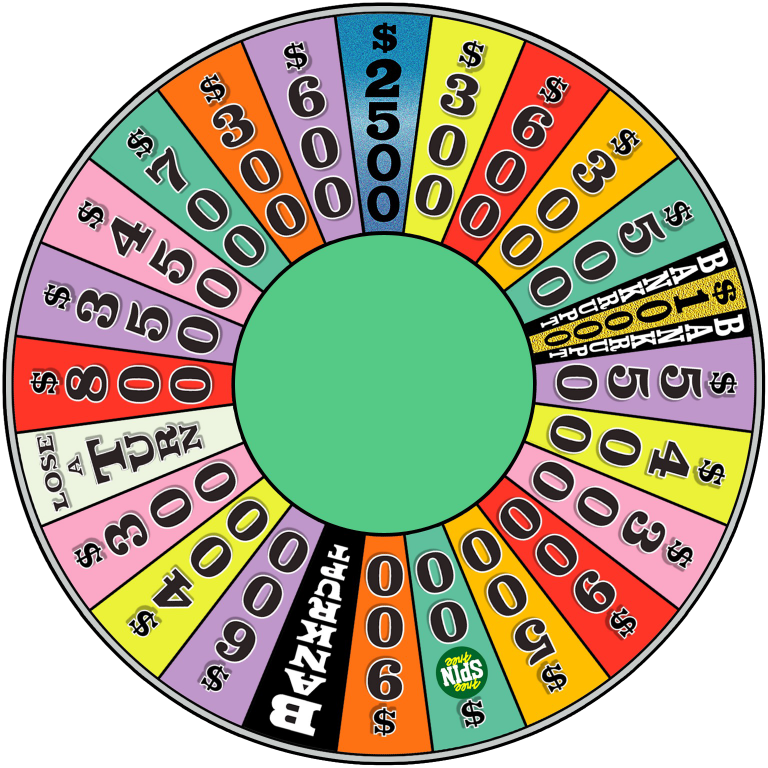
Billy, Sally, “What do you want to be when you get older?”
We live in a hyper-connected world, a social media landscape of scaleable, accessible influence. Monetizing yourself – you are the product – is no longer just for traditional celebrities.
As I’ve discussed elsewhere, a cardinal characteristic of the American psyche is a singular shared ideology (mythic common ground) that hard work (sweat equity) warrants “getting ahead,” and earns merit and place in a society (ideally) governed by meritocracy.
This article notes that amid prevailing economic conditions of reduced mobility (both upward and geographic):
The American dream persists as a cultural ideal despite declining mobility. … The modern influencer dream offers something the traditional American dream historically didn’t: accessibility.
To be maintained as the dominant narrative, the American dream need not always come true for everyone. All that’s needed are a few rarified examples to point to and say, “If they can make it, I can make it“. It’s human nature, perhaps, to believe we can be that exception.
• Psychology Today > “The Psychology of the Influencer Dream” by Matt Johnson Ph.D. (9-18-2025) – Traditional paths have shifted, and “influencer” has become a new American dream.
KEY POINTS (quoted)
- The Paul Brothers rose from Vine to YouTube stardom, earning $80M despite controversies and criticism.
- The traditional American dream of upward mobility has stalled; only 50% of 1980s kids out-earned parents.
- Influencer culture now embodies the American dream, with 54% of young Americans wanting to be influencers.
The stories of the Pauls and other successful internet stars can be inspirational. They also follow an eerily familiar storyline: seemingly ordinary people rising to higher economic strata based on their hard work and perseverance. They follow the kind of ascendant storyline reserved for the fables of Americana … “If they can make it, so can I.“
The influencer story has come to mirror the American story to such an extent that it may actually be displacing it. Are influencers becoming the new American dream? To evaluate this, we need to understand the underlying psychology and the prevailing economics.
In 2022, polling revealed changing ambitions: 54% of young Americans wanted to be “influencers” — topping doctors, athletes, and movie stars as most desirable professions. When the report came out, it sent shockwaves to parents everywhere. Is this what we’ve become as a society?
Looking a bit deeper, though, the appeal isn’t hard to find. The modern influencer dream offers something the traditional American dream historically didn’t: accessibility. Unlike past eras when the dream was limited to “Americans” narrowly defined, influencer success isn’t mediated by government or regulatory gatekeepers. Success is determined by market value. If content resonates, you win.

So, this storyline is present in modern fiction as well. For example, in the book “What a Time to Be Alive,” set in the viral wellness culture (“wellness for likes … commodifying belief”).
Which poses the question of “having it all” or being “hollowed out.”
• LA Times Entertainment Book Review > What a Time to Be Alive > “Jade Chang satirizes online influencers who sell quick fixes in a sharp second novel” by Valorie Castellanos Clark (9-30-2025)
In a moment of drunken grief, Lola says something sort of messianic, which someone else cuts together into a video perfect for a grieving world, and suddenly she’s a viral sensation.
The novel then winds through Lola’s year after that: her initial rejection of internet fame before chasing internet clout despite knowing that’s what killed her best friend.
The novel is propulsive because Lola, like the moon she teaches about, cycles through desperate impostor syndrome, … [yet, she] falls for her own shtick in the end.
Notes
[1] The Aristocracy of Talent
(quote) … there is one idea that still commands widespread enthusiasm: that an individual’s position in society should depend on his or her combination of ability and effort. Meritocracy, a word invented as recently as 1958 by the British sociologist Michael Young, is the closest thing we have today to a universal ideology. – Wooldridge, Adrian. The Aristocracy of Talent: How Meritocracy Made the Modern World (2021) (p. 1). Skyhorse. Kindle Edition.
